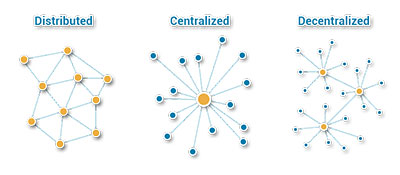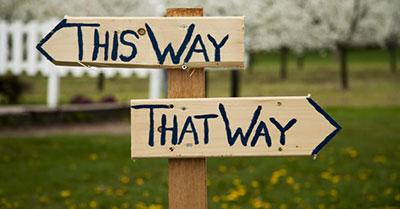We can definitely say that the world is surrendering to blockchains. After all, they present to us as a unique opportunity of being an incorruptible ledger. However, when most people think about blockchains, they tend to assume we are only talking about decentralized blockchains or public blockchains that can be accessed by everyone. However, centralized blockchains are becoming a part of our world. These centralized blockchains are private blockchains and they have some advantages over decentralized blockchains.

The truth about having a successful business.
In order to answer this question, we need to know the advantages and disadvantages of each one as well as to see what they have in common.
In terms of the similarities, both centralized blockchains and decentralized blockchains are distributed peer to peer networks and each node they include is responsible for securing and storing the shared ledger. Another thing they have in common is the fact that they both need a consensus mechanism such as the proof of stake or the proof of work so that it can establish a single ledger.
Discover the best open source blockchain platforms.
The main difference between the two kinds of blockchains in the pool of nodes that can participate in the network and the nodes that can actually make changes to the network.

One of the most known decentralized or public blockchain is Bitcoin. In this case, anyone can join this blockchain. There are no barriers to access the ledger or to start sharing your computer power. On the other hand, one of the most famous examples that we have of a centralized blockchain is HyperLedger Fabric from IBM. In this case, this blockchain is a lot more customizable since the organization that is deploying it has the final word on everything that is done.
Usually, private or centralized blockchains are more restrictive in terms of the ones who can make the changes as well as they tend to use the blockchain to store their internal records or data.
Discover more about the OpenChain blockchain.
Summing all up, there is no question that both blockchains – centralized and decentralized, have an important role in the world. However, one may suit better some situations than the other.
Advantages:
Disadvantages:
Discover how to implement blockchain technology.

Advantages:
Disadvantages: